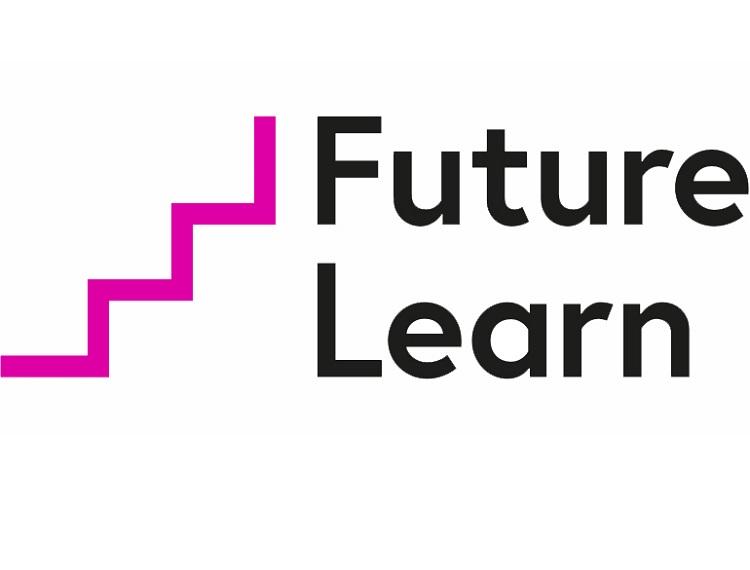FutureLearn and The University of Sheffield announce free online course to support victims of domestic violence

To coincide with #InternationalWomensDay @SheffieldUni is launching the second run of the ‘Supporting Victims of Domestic Violence’ course on @FutureLearn, which was named one of the best online courses of 2019 by global #MOOC search engine and review site, @ClassCentral.
Domestic violence is a global health issue that can take many forms and affect anyone. In 2019 alone, there were an estimated 2.4 million adults in the UK aged 16 to 74, who experienced domestic abuse. More globally, one in three women worldwide have been in an abusive relationship with an intimate partner.
Health and social care professionals play a vital role in recognising and helping victims of violent and abusive relationships. The course aims to help those in professional support roles to spot the signs of domestic abuse and build their confidence in guiding and protecting victims and survivors. Although designed to support health and social care workers, the course is open to anyone who wants to learn more about supporting victims of domestic violence.
The course has been accredited by the CPD Certification Service, it is free to join on FutureLearn.com and will begin on Monday 9 March.
Helen Fuller, Global Healthcare Lead at FutureLearn commented: “Sadly, with new figures from the Office for National Statistics revealing that the number of domestic violence deaths in the UK has reached its highest level in over a decade, the need to spot the signs of domestic violence and support those affected, is more urgent than ever. We’re very proud to play a small part in helping professionals to increase their confidence and ability to support domestic violence victims and survivors through this great course from the University of Sheffield.”
Dr Parveen Ali at The University of Sheffield commented: “We worked with representatives from just about every area of support to ensure the course content was practical and accurate; from GPs or police officers who might be first responders, to charities working in local communities and those running government and council programmes helping those at most risk.
You might work on the reception of a doctors surgery or you might work at the highest level of the police force, but you will still be encountering or making decisions that affect some of the most vulnerable people in the country. This course will help you understand the differing types of abuse that exist, the support network available and the best way to communicate with people who are often scared and alone.”











Responses